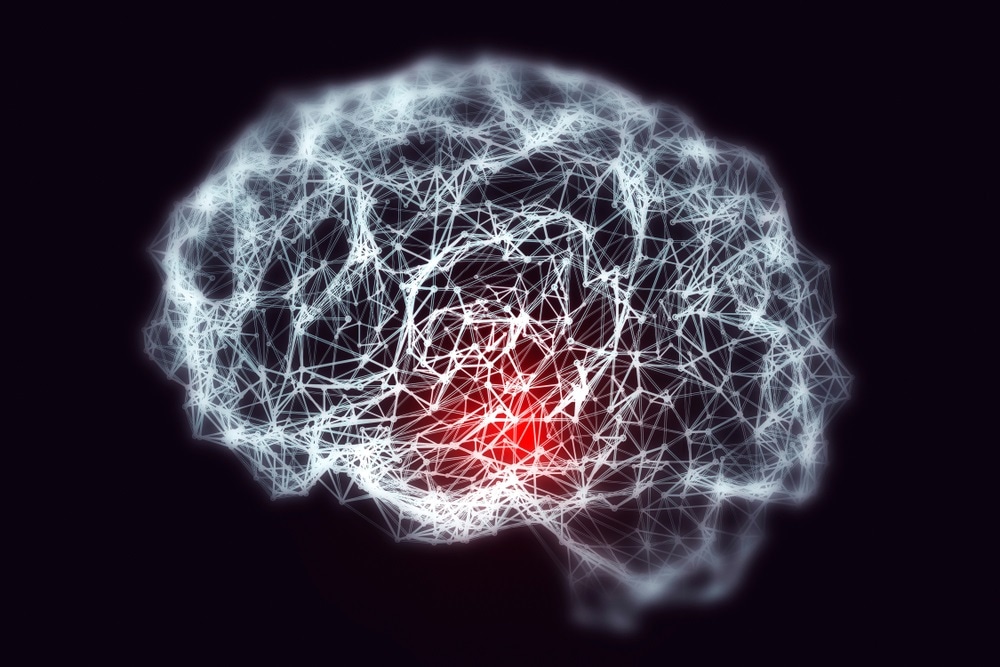New research has uncovered the genetic basis for different functions of memory. Combining human transcriptome data with functional neuroimaging, an international team of scientists from Singapore and Taiwan has elucidated the genetic signatures that could underly crucial functional differences associated with disease, heavily implicating gene candidates for the development of future therapeutic approaches.
 Image Credit: Kateryna Kon / Shutterstock.com
Image Credit: Kateryna Kon / Shutterstock.com
The role of human memory in disease
Memory influences a vast number of bodily processes, and ultimately, it plays a vital role in the establishment and progression of disease. While we often think about memory as simply our cognitive ability to recall information, there are complex biological processes that underly these abilities, as well as other, implicit forms of memory that happens unconsciously.
Immune and epigenetic regulation are considered memory-related processes, as is neurogenesis and glial cell differentiation, and transcription, synaptic plasticity, and glutamate receptor signaling regulation. These processes allow memory to occur by forging connections between synapses, meaning that changes in the brain can happen as a result of interaction with the world, the basis of memory and learning.
Deregulation of these processes is linked with various diseases. Immune system function alone has a vital role in maintaining the health of the entire body; to do its job properly, it needs to remember the bacteria and viruses it has responded to. In addition, psychological disorders such as depression and anxiety have been associated with abnormal neurogenesis, and schizophrenia, Alzheimer's, Parkinson's disease, and multiple sclerosis have been related to certain glutamate receptor activity.
Therefore, in investigating the genes involved in controlling these memory processes, there is the potential to develop new gene-targeted therapies for a range of illnesses.
Unique gene signatures in different brain regions relating to memory
Published in eNeuro this December, a new study has produced data that links genetic expression with distinct memory functions for the first time. To achieve this, the team took data from the Allen Human Brain Atlas, which contains data on the expression of around 24,000 genes. Specifically, they looked at genes expressed in memory areas that were defined by a neuroimaging database.
Using bioinformatics, the team then extracted gene signatures from the gene expressions. Analysis uncovered that certain sets of genes were expressed in distinct memory areas of the brain. Data revealed that a unique set of genes expressed in the cortex were related to memory processes and immune signaling.
Another set expressed in the subcortex was related to the generation of new neurons and genesis of non-neuronal brain cells. Finally, they found that genes involved in mRNA production and the cellular changes needed for producing memories were expressed in both of these areas.
An opportunity to develop gene-targeted therapies
What the researchers have achieved is uncovering the biological mechanisms of memory. Until now, the anatomical and functional aspects were well understood, but the biological and genetic basis for these functions and structures had remained elusive.
The team was able to define the genetic signatures of both the cortical and subcortical memory, demonstrating that while there is some overlap, they are largely distinct. This opens up the opportunity of developing therapies for illnesses related to memory function by targeting genes.
The findings of the research also have strong implications for outside the field of memory. It demonstrates the possibility of further developing the knowledge of the relationship between genetics and cognition.
There is much more to be learned in terms of how genetics determine cognitive function, and growing this knowledge base would undoubtedly impact the future landscape of healthcare. In the near future, we can expect continued research in this area to deepen our understanding of the relationship between genetics and cognition.
Journal reference:
Tan, P.K. et al. (2019). Distinct genetic signatures of cortical and subcortical regions associated with human memory. eNeuro. DOI: https://doi.org/10.1523/ENEURO.0283-19.2019